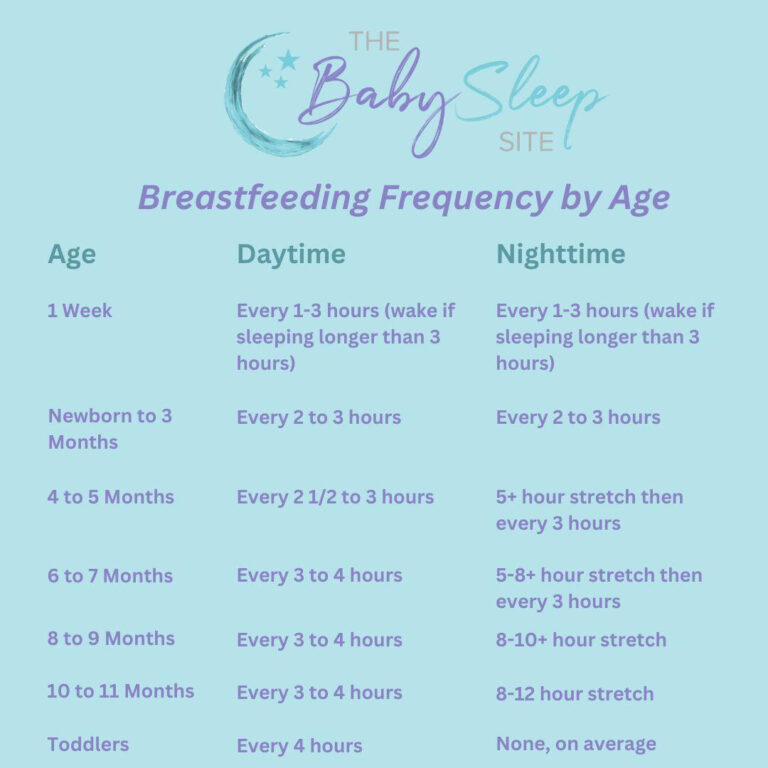Names and Years of the Generations: A Comprehensive Guide
In today’s rapidly evolving society, understanding the nuances and characteristics of different generations is crucial. From the Silent Generation to Generation Z, each generation has its own unique set of experiences, values, and perspectives that shape their behaviors and impact various aspects of our lives, including the workplace, marketing, and societal interactions.
This comprehensive guide delves into the historical timeline of generations, exploring the factors that have influenced their划分 and examining the defining characteristics that set them apart. By providing a deeper understanding of the generations, we can foster intergenerational collaboration, optimize marketing strategies, and navigate the challenges and opportunities presented by generational diversity.
Names And Years Of The Generations

Each generation is unique, with its own set of values, beliefs, and experiences. But what are the names and years of the different generations? And what are some of the key characteristics of each generation?
The Silent Generation
The Silent Generation was born between 1928 and 1945. They came of age during the Great Depression and World War II, and they are known for their stoicism, hard work, and patriotism.
The Baby Boomers
The Baby Boomers were born between 1946 and 1964. They came of age during the Vietnam War and the civil rights movement, and they are known for their optimism, idealism, and individualism.
Generation X
Generation X was born between 1965 and 1980. They came of age during the Cold War and the economic recession of the 1970s, and they are known for their cynicism, independence, and self-reliance.
Generation Y (Millennials)
Generation Y, also known as Millennials, was born between 1981 and 1996. They came of age during the digital revolution and the Great Recession, and they are known for their tech-savviness, entrepreneurial spirit, and social consciousness.
Generation Z
Generation Z was born between 1997 and 2012. They are the first generation to grow up with the internet and social media, and they are known for their diversity, inclusivity, and activism.
Answers to Common Questions
What are the key factors that have influenced the划分 of generations?
Major historical events, technological advancements, economic conditions, and cultural shifts have all played a significant role in shaping the划分 of generations.
How can we effectively manage generational diversity in the workplace?
Fostering open communication, promoting mentorship programs, and creating a culture of respect and inclusivity are key strategies for managing generational diversity in the workplace.
What are some best practices for marketing to different generations?
Tailoring marketing messages to the specific values, preferences, and media consumption habits of each generation can enhance the effectiveness of marketing campaigns.





